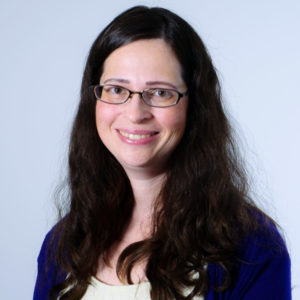
Readings:
First Reading: Wisdom 7:7-11
Responsorial Psalm 90:12-13, 14-15, 16-17
Second Reading: Hebrews 4:12-13
Gospel: Mark 10:17-30 [or 17-27]
The most recent influx of wisdom into my life came in the form of a wall hanging that has been displayed in my grandparents’ home for as long as I can remember. It features the Serenity Prayer, which asks God to grant serenity and courage in the face of the unchangeable and changeable, respectively, and “wisdom to know the difference.” Knowing the difference helps us to make good use of our time, energy, talent, and treasure in service of God, other people, and our own needs and desires.
God’s wisdom, however, seems to operate according to logic that is quite counterintuitive. The best way to even begin to apprehend God’s wisdom might be to know that there is a difference between the wisdom that only God can give us and the natural human wisdom we might accumulate through life experience and training. The man in the Gospel reading comes to Jesus with this perspective. He senses that there is a difference that he greatly wants to know. Although he has lived a faith-filled life, he learns that the pull to preserve his own possessions is preventing him from welcoming the invitation to live in God’s wisdom—a wisdom where more for others does not amount to “less” left for him. Peter speaks on behalf of the disciples with the observation that they have done exactly what the other man was unwilling to do. They have already given up everything to follow Jesus. Peter and the others, however, may be no more ready to accept immediately the challenge Jesus then presents to them. Discipleship will bring them many blessings but at the cost of persecution. In listening to God’s living and effective word proclaimed and preached, the call to know that difference through hearing God’s wisdom opens for us as well. Where might God be calling you to respond more boldly, make a significant change, or let go of something you cherish? How might this help you become more open to receiving something else that God wants to give you, to following Jesus, and to being filled with the Spirit of wisdom? In the Byzantine Divine Liturgy, the readings from Scripture are prefaced with a reminder that God’s wisdom comes to us through them: “Wisdom! . . . Let us be attentive!” What might we hear if we are really paying attention?
Living in God’s wisdom requires a further step beyond knowing that there is a difference between God’s wisdom and our own. We are called to accept God’s invitation to know the difference by welcoming that wisdom into our lives along with all the predictable and unanticipated consequences that will follow. As we prepare to listen to the Gospel at Mass, where Christ speaks to us most immediately and directly, the assembly is called to respond to the deacon or priest’s announcement of the Gospel by imitating the proclaimer’s gesture—tracing a small cross on the forehead, lips, and chest. This reminds us of our identity as people of God baptized in Christ and sanctified by the Spirit—and points to the costly discipleship that could come through the hearing of these words. We inscribe our preliminary response of faith in our bodies. May this word, this wisdom from God, resound and reside in our minds, on our lips, and in our hearts as we listen to Christ opening the Scriptures for us. As we do accept the challenge to live in God’s wisdom, which will immerse us in nothing less than the paradoxical power and wisdom of Christ’s death and resurrection, we are promised “all good things together . . . in [wisdom’s] company.” Our prayers for “wisdom of heart” will certainly be answered. Filled with God’s love and wisdom, God will make us glad (at least in retrospect) even for the times we as individuals and as a church were left exposed and accountable before God and others for our own sins and the sinful structures in which we have been complicit. The changes we make to know the difference because we love and trust God’s wisdom more than our own will be richly rewarded. “For human beings it is impossible, but not for God. All things are possible for God.”
Anne McGowan
Assistant Professor of Liturgy